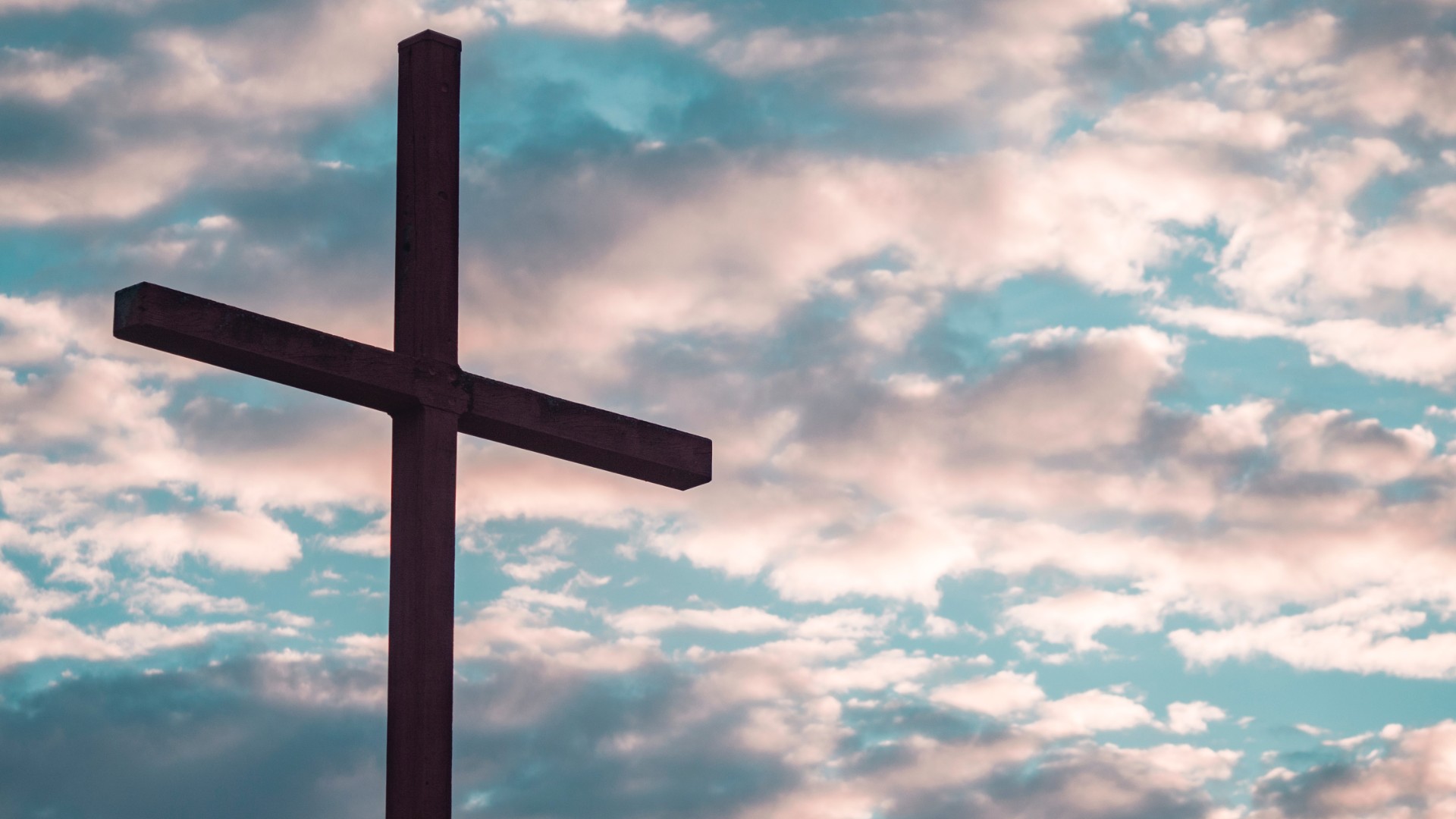It’s been said that a man can live about forty days without food, about three days without water, about eight minutes without air...but only one second without hope. Having just spent the week in Albania, I was saddened to hear that many young Albanians lack hope. Their country is reeling from the effects of communism, jobs are scarce, and their prospects for a prosperous future, even with a college education, are slim.
The Church faces its own challenges there. Albania became the world’s first atheist country shortly after communists took control of it post World War II. It wasn’t until 1991, when communism fell, that its people were free to express their religious identities. As a result, the evangelical church in Albania is only 25 years old. It’s estimated there are less than 15,000 Protestant Christians in the entire country (although there are also Catholics and Orthodox Christians).
Surprisingly, the church where I preached, one of the largest churches in the capital of Tirana, is composed primarily of Albanians in their 20s and 30s. There are believers in their 40s and older, but they are the minority. The body of Christ is extremely young in this country.
That also means the opportunity for the Gospel is great. Of the 3 million Albanians in the country, approximately 70% of them are Muslim, 20% Orthodox, and another 10% Catholic. The majority of these groups, though, are nominal. The country is mostly secular. Faithful Muslims and Christians are uncommon in Albania. The Church has a lot of room to grow.
It’s not just Christians who are looking to transform the country, though. Muslims from Turkey also have their sights set on Albania. Having ruled the land for 500 years under the Ottoman Empire, Turks are eager to revitalize the largely nominal Muslim population. Each day I walked through downtown Tirana, I passed by a huge mosque that was under construction, funded by Turkey. It’s situated in the heart of the city, next door to the Albanian Parliament. Once it’s completed, it will be the largest mosque in the Balkans. Muslims hope to breathe an Islamic spirit into the largely secular state.
My hope, however, is for the Gospel to transform individual Albanians. If individual Albanians are changed in this way, it can affect the moral fabric of the culture and result in better politicians, lawmakers, businesses, and society in general. Not only can these changes give young men and women hope for a more prosperous future, but it can also promote freedom and a better chance for the Gospel to thrive.
My opportunity to serve in Albania arose through a local Albanian Christian who is extremely well networked in the country. Because of his contacts, I could teach theology and apologetics each day I was there. I spoke at both university campus groups and church groups (including delivering Sunday’s sermon).
Not only was I able to teach Albanian believers, but I also had the chance to engage many non-Christians that regularly attend campus meetings. Nominal Christians, nominal Muslims, skeptics, and atheists all came and were willing to challenge me with questions.
It was an excellent time of ministry as well as learning for me. My trip helped me get a firsthand glimpse of the impact of communism and state-sponsored atheism. Most importantly, though, I could better understand Albania, the people, and the challenges believers face in making disciples in their country.
It reminded me of Paul’s epistle to the Roman church where he writes, “So from Jerusalem all the way around to Illyricum, I have fully proclaimed the gospel of Christ” (Rom. 15:19). The region of Illyricum includes the modern region of Albania. Paul continues, “It has always been my ambition to preach the gospel where Christ was not known…” (Rom. 15:20). There’s no question there are many places in Albania where Christ is not known, so it was a privilege to present the Gospel, teach theology and apologetics, and engage seekers in that country. I’m always humbled by these small opportunities God gives me to participate in His grand plan.
May God continue to make His name known among the nations and may we be faithful to allow Him to use us in His plan.

